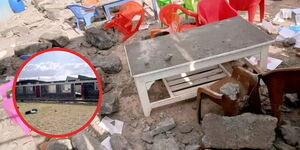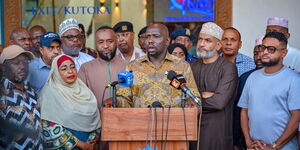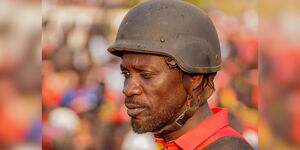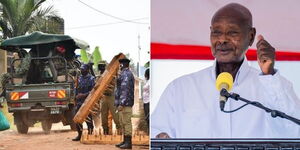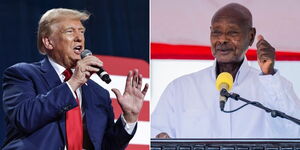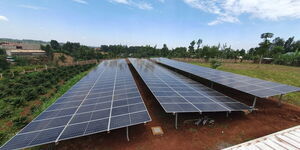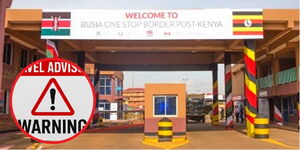The Government of Kenya has reaffirmed its recognition of the Federal Government of Somalia as the sole and legitimate authority responsible for administering the affairs of Somalia, including its breakaway regional administrations.
However, President William Ruto's administration has maintained that the country will engage the two breakaway regions of Jubaland and Somaliland.
In a statement released by the State Department of Foreign Affairs on Monday, Kenya emphasised its commitment to Somalia’s sovereignty, territorial integrity, and political independence, in line with international law and regional agreements.
The government clarified that while it maintains contacts with the sub-national administrations of Jubaland and Somaliland, such engagement will be conducted in consultation with Somalia’s Federal Government to support security cooperation and commercial interests.
''The Government of the Republic of Kenya reaffirms its unwavering commitment to the sovereignty, territorial integrity, national unity, and political independence of the Federal Republic of Somalia. In this regard, Kenya unequivocally recognizes the authority of the Federal Government in Mogadishu as the sole and legitimate body responsible for administering the affairs of Somalia, including those of its regions," the statement read in part.
''To advance the partnership, Kenya will maintain contact and relations with subnational governments in Jubaland and Somaliland and, in consultation with the Federal Government of Somalia, establish contact and diplomatic presence as may be agreed from time to time to support security cooperation and commercial interests in line with the principles of mutual respect and good neighbourliness,'' the statement added.
According to the State Department, Kenya’s position is firmly grounded in its adherence to the principles outlined in the Charter of the United Nations, the Constitutive Act of the African Union, the Treaty and Protocols of the East African Community, and Kenya’s own foreign policy.
The government maintained that these frameworks guide its commitment to the values of non-interference in the internal affairs of states and the peaceful resolution of disputes.
The State Department further underscored that the longstanding relationship between Kenya and Somalia is rooted in deep historical ties, shared cultural heritage, and enduring bonds of kinship. These foundations, it noted, continue to guide the two nations’ shared aspirations for peace, security, and sustainable development in the region.
Kenya, therefore, considers Somalia a strategic ally in advancing these mutual goals and reaffirmed its commitment to strengthening bilateral relations anchored in mutual trust, respect for sovereignty, and recognition of territorial integrity.
On March 26, Kenya stirred diplomatic tensions with Serbia, an ally of Russia and China at the United Nations, after President William Ruto formally recognised Kosovo as an independent state.
According to photos and statements shared by former Kosovo President Behgjet Pacolli on Facebook, Ruto signed the recognition letter, making Kenya the first country to recognise Kosovo in the last five years.
A month later, Ruto continued his "diplomatic storm" in Europe after a brief meeting with Kosovo President Vjosa Osmani, despite previous protests on the sidelines of Pope Francis' burial in the Vatican.
Still in the region, Kenya drew criticism over its handling of the conflict in neighbouring Sudan after it hosted the Rapid Support Forces (RSF)—a rebel group in conflict with the Sudanese government—in Nairobi for a charter signing aimed at establishing a parallel government.
Sudan later suspended tea imports from Kenya as part of its retaliatory steps against the government of Kenya.

